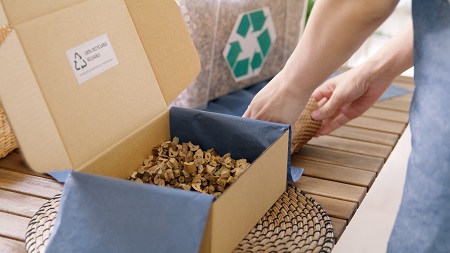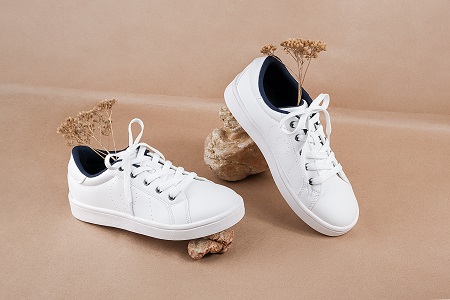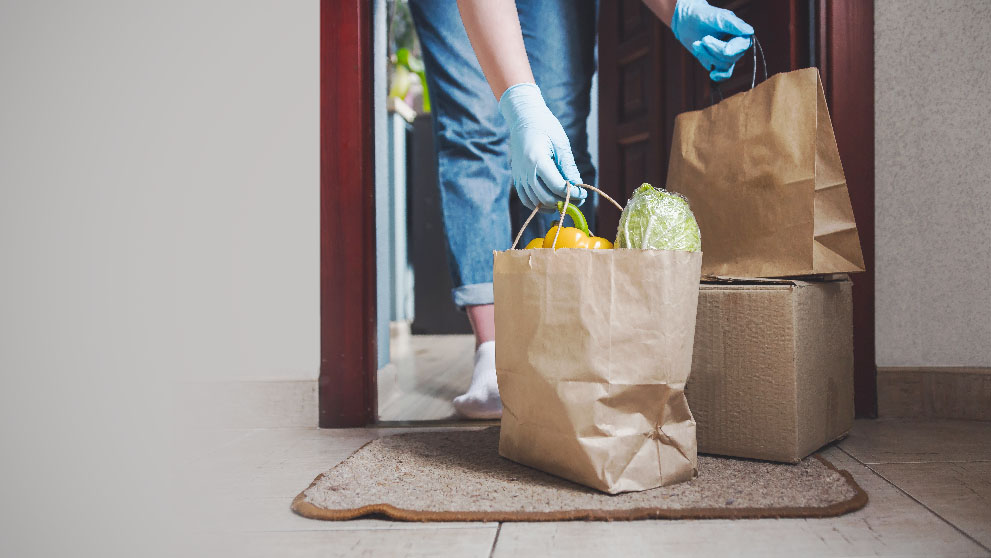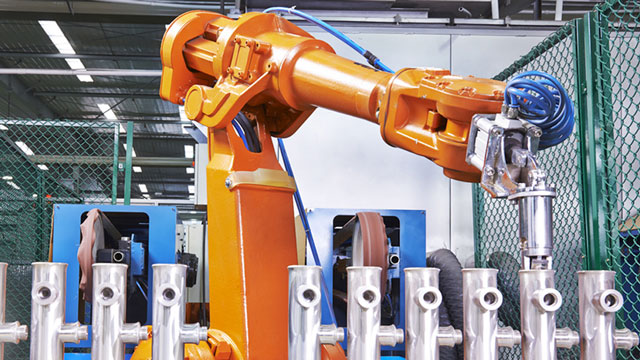Good news for the planet: the results of the 2023 DHL Sustainability Survey are in, and our customers value sustainability more than ever!
While there’s a lot of opportunity to improve understanding and action, it’s clear that today’s business owners see the importance of sustainability, and that’s the first huge step toward a greener future. As part of our mission to support greener practices within small-to-medium enterprises (SMEs), we conducted a survey of DHL customers and social media followers to see how sustainability fits into their personal priorities and business strategies. Here’s what we learned from this year’s 2,500 participants.

Sustainability matters to U.S. small businesses.
95% of survey respondents said that sustainability is at least “somewhat important,” with nearly half the total participant group identifying it as “extremely important.”
While there are undoubtedly obstacles on the path from intention to action, as we’ll see later in the survey results, it’s encouraging to see such strong evidence of awareness and support around sustainability.

Consumer demand for sustainability may be higher than you think.
When asked if they felt their customers would be willing to pay more for sustainable products and/or shipping, 41% of our survey group said “no,” and an additional 28% responded “I have no clue!”
The doubt surrounding consumer commitment to sustainability is understandable, but here’s some good news: your customers probably value sustainable products and practices more than you think. According to a recent Forbes article1, two-thirds of consumers say they WILL pay more for sustainable products, despite the fact that two-thirds of retailers assume they won’t. The even better news is that these customers are proving that willingness with their wallets. A 2022 study by Capterra2 revealed that 84% of consumers reported purchasing at least one sustainable product within the previous six months, up a significant 17% from 2021.

The cost of sustainable solutions continues to be a sticking point.
42% of those surveyed said “the overall investment” is the biggest challenge they face when it’s time to convert sustainable goals into sustainable actions. The hesitation to spend money without a clear picture of what the ROI might look like isn’t surprising, especially for SMEs on a lean budget. However, in addition to the positive impact on the planet, taking the leap toward sustainability can result in more direct benefits for your organization, including reduced energy costs, increased sales, and better workforce morale3.

Waste reductions is top of mind.
Of the 2,500 current and prospective DHL customers surveyed, 46% identified “reducing waste” as their highest sustainability priority. The second biggest concern was “sustainable sourcing” (23%), followed by “eco-friendly packaging” (19%) and “carbon emission reduction” (13%). Using resources more efficiently and exhaustively is a great place to start, especially since waste reduction is a natural first step toward a circular business model4. However, it’s worth noting that while reducing carbon emissions ranked lowest on the priority hierarchy, it’s intrinsically connected to the other three goals.
If reducing waste keeps you up at night, then consider shifting toward a circular economy—one that follows a “reduce, reuse, recycle” vs. a“take, make, dispose” structure. According to the World Economic Forum, this is “the business opportunity of our time.”5 Companies like Patagonia 6 and Allbirds have successfully made sustainability part of their strategy, and many others, including North Face, and HP 7, have started exploring that opportunity. As consumer consciousness around sustainability rises, it’s increasingly beneficial for small businesses to move in that direction as well8. From the food industry to the fashion industry, we’re excited to see an increasing number of success stories9 in the SME space.

Sustainability priorities extend to partnerships.
Being green isn’t just an inside job. 74% of survey participants prefer to work with business partners who prioritize sustainability (45% feel that it’s “important”’ while 29% feel that it’s “extremely important”).
For SMEs partnering with larger organizations, these results affirm the competitive edge that comes with being a sustainable business. For DHL, it reinforces our commitment to prioritizing environmental best practices and being a strong support system for our customers at every point of their sustainability journey. For example, when we learned that Scope 3 emissions (those that occur outside the organization) account for up to 90% of a company’s total carbon footprint10 and that transportation and distribution represent the largest source of those Scope 3 emissions, we took action. The result was the launch of our Go Green Plus program, which offers our customers more reduced-emission shipping options than ever.

Most businesses take a conservative approach to sustainability-related spending.
While it’s clear that our customers and followers value sustainability, the willingness to invest in it remains fairly minimal. On the bright side, the majority of respondents are willing to commit to some level of investment. Only 26% said they wouldn’t be willing to invest anything, while 47% of respondents said they would spend up to 1-3% of their total operating budget on sustainability initiatives, 17% of respondents would spend 3-5%, and 11% of respondents would spend over 5%.
Overall, these survey results leave us feeling hopeful for a greener future and ready to support our SME customers as they navigate the pain points that were identified. You can learn more about integrating green logistics into your business here.
































